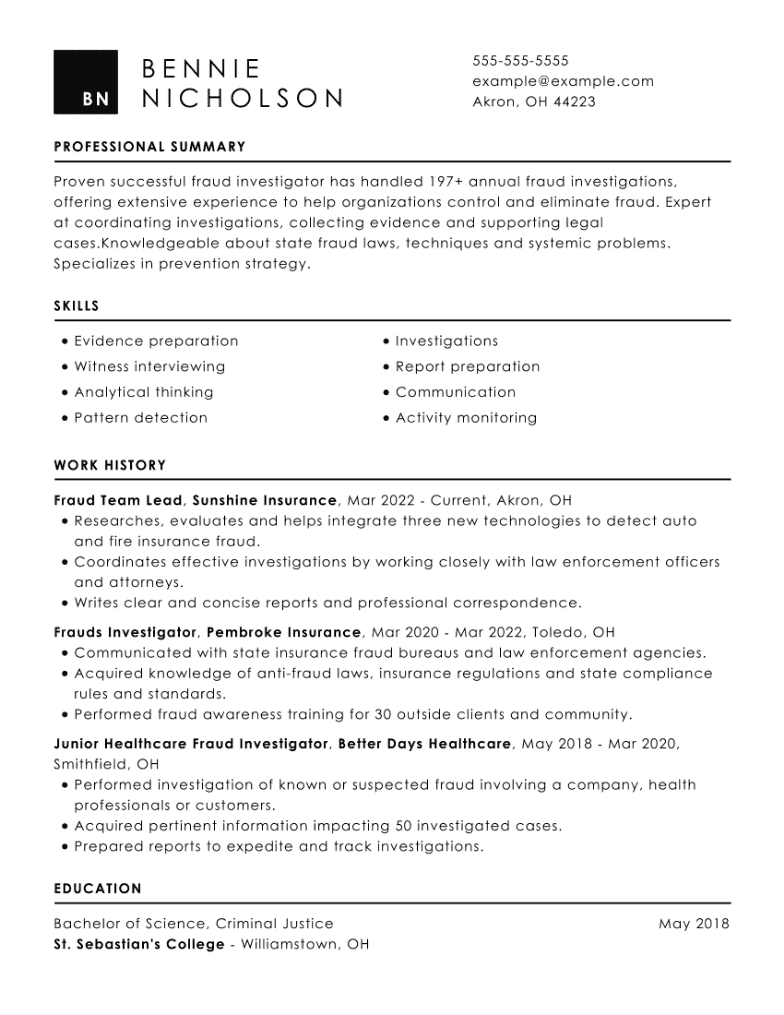A General CV That Doesn’t Feel Generic
A general CV is a CV that has all the basics you can build on when preparing for different jobs. What do you need to know about writing one?
A general CV is a CV that has all the basics you can build on when preparing for different jobs. What do you need to know about writing one?






When you write a general CV, you’re writing it as a baseline. From there, you need to update the CV for every application so you’re ahead of the other job seekers. Here are a few things you can update in each CV:
The exact job title you’re looking at will need a different set of skills and achievements. Remember to include the things you excel at that are also what the company is actively looking for.
It depends. It’s a great idea to use this as a baseline so you can switch up your CV for other jobs. However, you shouldn’t write a single CV and then submit it to hundreds of jobs. If you’re looking to get job offers, you should start from this template, then update the content in your CV.
You should update your general CV at least every few years. It’s most important to update your general CV whenever something big changes, like getting a certification, switching jobs, going to school or changing careers.
You can, and this is typically what they’re used for. However, it’s often better to come prepared with business cards and an “elevator pitch” about who you are and what you do. A general CV doesn’t allow you to personalise your approach to every person, which means that your CV can come off as lacking. If you take the time to instead talk directly to each person who might be interested in hiring you, you’re more likely to get a job offer.
We personalize your experience.
We use cookies in our website to ensure we give you the best experience, get to know our users and deliver better marketing. For this purpose, we may share the information collected with third parties. By clicking “Allow cookies” you give us your consent to use all cookies. If you prefer to manage your cookies click on the “Manage cookies” link below.